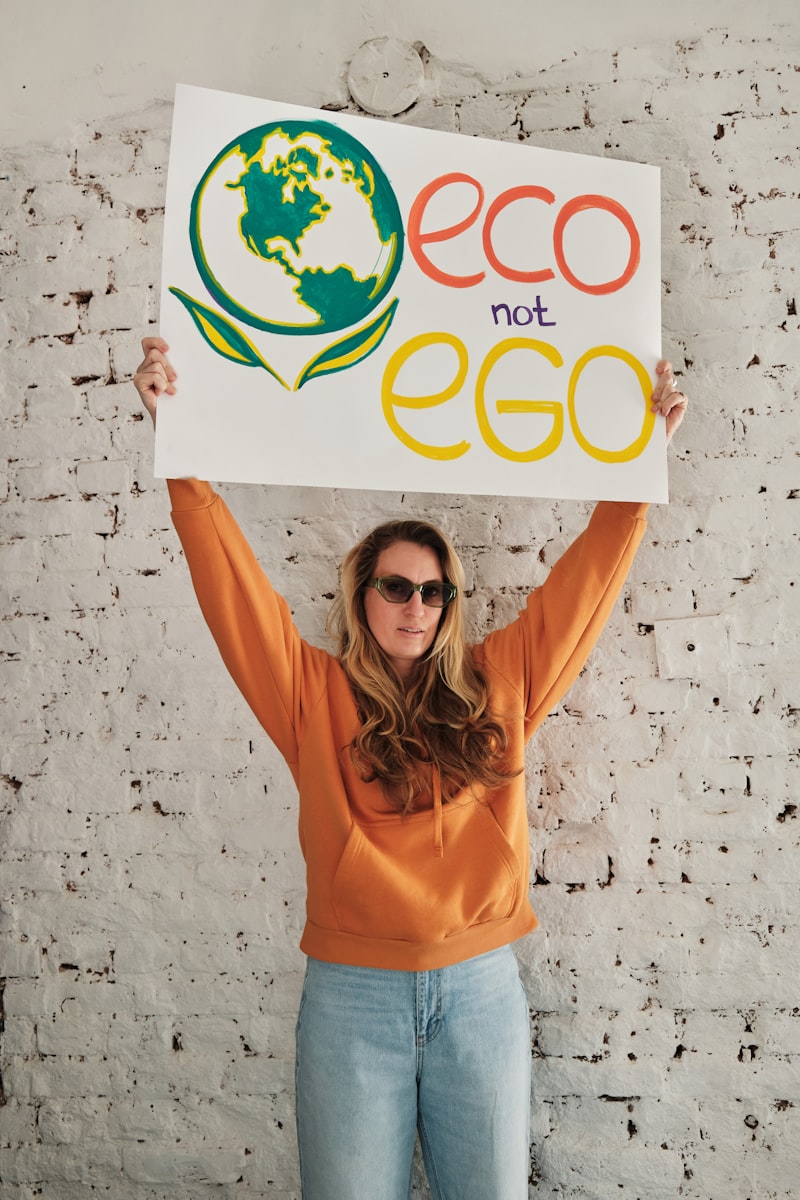Local Artisans Creating Eco-Friendly Gowns: A Sustainable Fashion Revolution
Local Artisans Creating Eco-Friendly Gowns: A Sustainable Fashion Revolution
In recent years, the fashion industry has been undergoing a significant transformation. More consumers than ever are prioritizing sustainability, which has led to a rise in local artisans creating eco-friendly gowns. Not only do these talented craftsmen and women put significant care into their creations, but they also positively impact their communities and the environment. This article explores the world of local artisans, the eco-friendly gown movement, and offers insights into how sustainable fashion will continue to evolve.
The Rise of Eco-Friendly Fashion
As awareness around climate change and environmental impact grows, so does the demand for eco-friendly fashion. According to a recent study, nearly 70% of consumers are willing to pay more for sustainable products. This shift is not just a trend; it represents a deep-seated desire for responsible consumption.

Defining Eco-Friendly Gowns
Eco-friendly gowns are garments that are created using sustainable materials and ethical manufacturing practices. This includes the use of organic fabrics, recycling, and natural dyes. Additionally, local artisans often focus on small-scale production, reducing waste and limiting the carbon footprint associated with mass production.
| Key Features of Eco-Friendly Gowns | Description |
| Materials | Natural fibers, organic cotton, and recycled fabrics |
| Production | Small-scale, local manufacturing to reduce waste |
| Ethics | Fair wages and safe working conditions for artisans |
| Design | Unique, customizable pieces often reflecting local culture |
Local Artisans and Their Craft
Local artisans are the backbone of the sustainable gown movement. These skilled individuals often work within their communities, providing jobs and preserving traditional crafts. Their dedication to eco-friendly practices sets them apart in the fashion industry.
Why Support Local Artisans?
Supporting local artisans not only helps boost the economy but also encourages a more sustainable approach to fashion. By choosing these creations, consumers can reduce their environmental impact and promote ethical practices. When you purchase an eco-friendly gown from a local artisan, you are investing in quality, craftsmanship, and the future of sustainable fashion.
Successful Local Artisans in the Eco-Friendly Gown Movement
Within the sustainable fashion landscape, several artisans stand out. Their unique perspectives and innovative techniques have made a lasting impact. Here are a few notable examples:
1. Artisan A: The Natural Dye Innovator
Based in the Pacific Northwest, Artisan A specializes in creating stunning gowns using natural dyes sourced from local plants. Their commitment to sustainability extends beyond clothing, as they engage in educational workshops to teach others about eco-friendly practices.
2. Artisan B: The Recycled Champion
Artisan B from the Midwest focuses on transforming recycled materials into beautiful gowns. By using old fabrics and repurposing them into modern designs, they not only minimize waste but also tell a story with each piece they create.
3. Artisan C: The Cultural Preserver
Artisan C is working to preserve traditional crafting techniques in their local community while incorporating eco-friendly materials. This artisan actively collaborates with indigenous communities to keep heritage alive while promoting sustainability.
Consumer Questions About Eco-Friendly Gowns
As both consumers and craftspeople navigate this new sustainable landscape, several questions frequently arise:
1. How can I find local artisans in my area?
Many platforms and marketplaces now aim to connect consumers with local artisans. Websites and social media platforms often highlight artisans in various regions, making it easier to discover unique and sustainable options.
2. What of the costs associated with eco-friendly gowns?
Eco-friendly gowns may have a higher price point due to the materials and craftsmanship involved. However, it is essential to view this as an investment. The gowns are often more durable and timeless, making them worthwhile.
3. Are eco-friendly gowns stylish?
Absolutely! Local artisans take great pride in their designs, ensuring that eco-friendly gowns are not only sustainable but also fashionable. Innovative designs and unique fabrics make these gowns a stylish choice for any occasion.
Tips for Choosing Eco-Friendly Gowns
When searching for eco-friendly gowns, here are some tips to help you make informed choices:
- Research the Artisan: Learn about their materials, practices, and story. Knowing the background can enhance your appreciation for the gown.
- Ask About Sourcing: Inquire about where the fabrics are sourced and the processes used. This can provide insight into the true sustainability of the item.
- Consider Customization: Many local artisans offer customizable options. Consider personalizing your gown, making it uniquely yours.
- Look for Certifications: Seek out items that have certifications indicating sustainable practices. This can help you make more informed choices.
Conclusion: The Future of Eco-Friendly Gowns
As the eco-friendly movement continues to advance, local artisans are leading the charge in creating beautiful, sustainable gowns. By supporting these artisans, consumers contribute to a more sustainable and ethical fashion industry. The rise of local, eco-friendly fashion is not just a trend; it represents a significant shift in how we view fashion and consumption.
In summary, local artisans creating eco-friendly gowns are at the forefront of a fashion revolution that values sustainability, ethics, and artistry. As consumers become more conscious of their choices, the demand for eco-friendly fashion will only grow, shaping the future of the industry. Remember to support local artisans, educate yourself on eco-friendly practices, and embrace the beauty of sustainable fashion.
